Wagner defied Putin and now its leader may be dead
- Posted on
- Comment
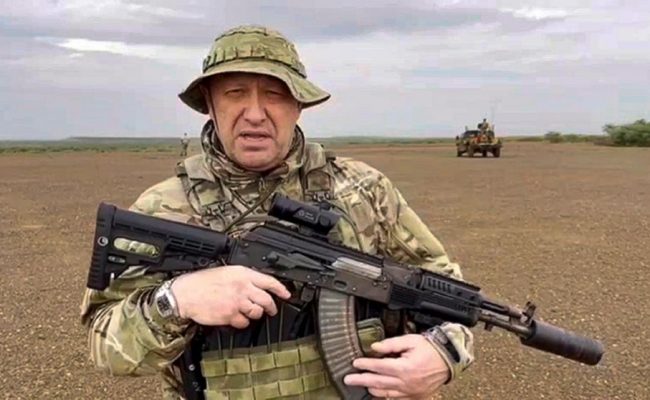
When Yevgeny Prigozhin and his Wagner troops launched their insurrection two months ago, Vladimir Putin made his feelings more than clear. He called it “treachery” and a “stab in the back” of Russia.
He promised that the perpetrators would be punished.
So there was incredulity in Russia when they were not. When a deal was cut between Mr Prigozhin and the Kremlin to end the mutiny; when all the charges against the Wagner founder and his fighters were dropped, despite the fact that Russian servicemen had been killed during the murky but brief insurrection.
It made President Putin look weak.
Commenting on the agreed compromise (ending the mutiny in exchange for immunity from prosecution) one Russian newspaper commented: “This kind of compromise is normally made with political opponents. Never with criminals and terrorists. Does that mean we should view Mr Prigozhin now as a political figure?”
Suddenly things look rather different.
Exactly two months on, Mr Prigozhin is presumed dead after his private jet crashed and exploded in a field. Wagner commander Dmitry Utkin was on the same jet.
The Russian elite will shed a few tears over Mr Prigozhin’s reported demise. That goes for Russia’s military leadership, whom Mr Prigozhin had publicly and vocally condemned and whom he demanded be sacked.
The Wagner boss claimed that the so-called “March of Justice” (his euphemism for the insurrection) had not targeted the Kremlin but had instead been directed at Defence Minister Sergei Shoigu and the Chief of the General Staff, Valery Gerasimov.
In reality, the Wagner mutiny had been a direct challenge to President Putin’s authority and a humiliating 24 hours for the Kremlin. Mr Putin himself pointed out that the Russian state had been financing Wagner. Money had clearly not bought loyalty.
If this was an act of revenge by those in power, that sends two clear messages to Mr Prigozhin’s loyalists and to anyone else in Russia who may have been contemplating armed resistance:
- Don’t try
- Look what happens to those who do.
That means that President Putin could emerge from these dramatic events stronger domestically.
But what if Mr Prigozhin becomes a martyr? What if those who had pledged loyalty to him – and who are well-trained fighters – call for their own acts of revenge?
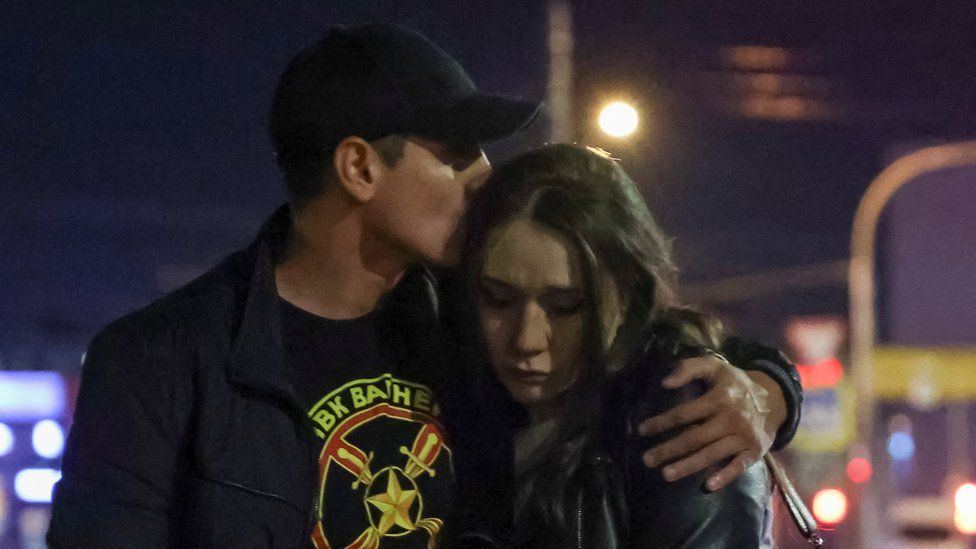
Reuters
Grey Zone, a Telegram channel linked to Wagner, blamed Mr Prigozhin’s reported death on “Russian traitors”.
It did not clarify who it believed those traitors were and what Wagner’s response would be.
If this crash was foul play, that will come as little surprise to many in Russia. Ever since the mutiny, there has been feverish speculation about Mr Prigozhin’s fate, about whether his actions really would be forgiven.
He must have known that. Yet, in recent weeks, as he jetted around on his private plane he clearly did not view air travel as a danger. Perhaps he believed that he was too powerful, too crucial a figure in today’s Russia to be taken out
-BBC?

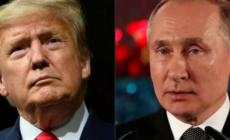
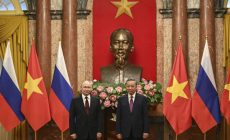
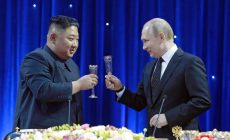






 (Selorm) |
(Selorm) |  (Nana Kwesi)
(Nana Kwesi)